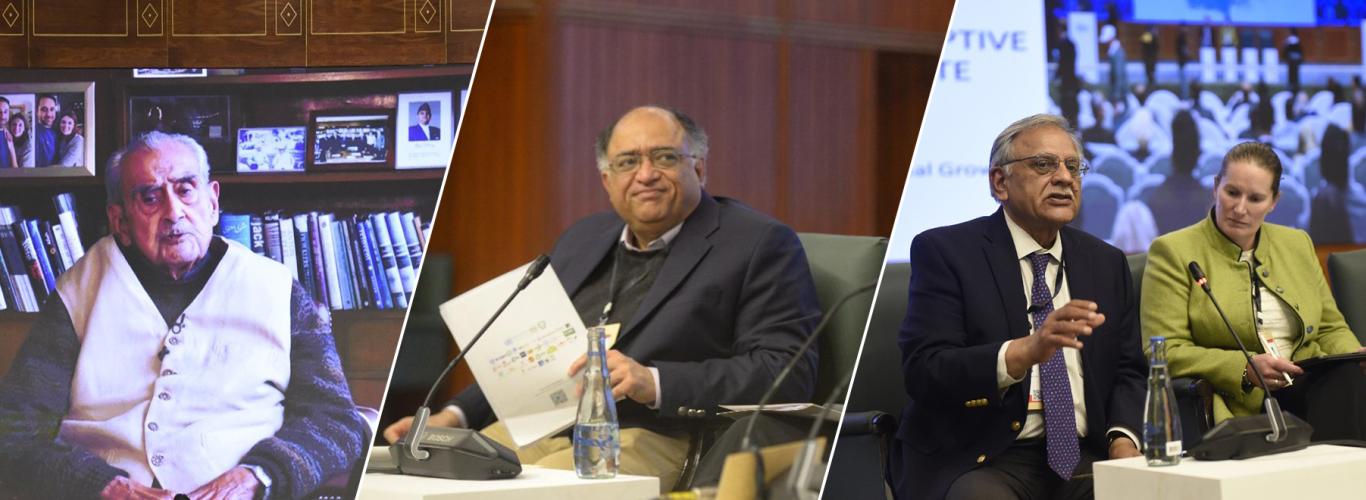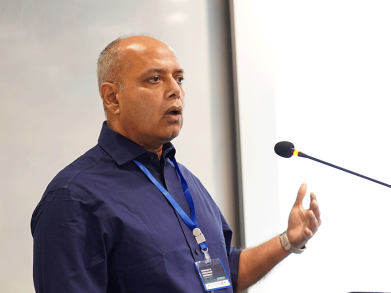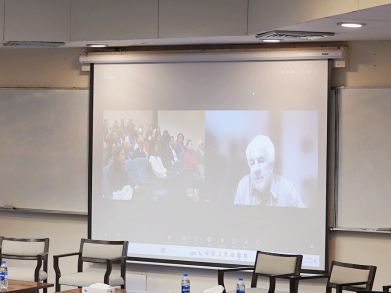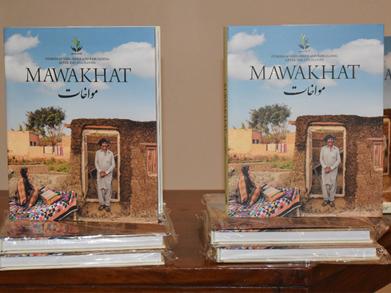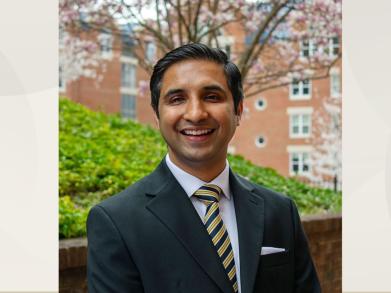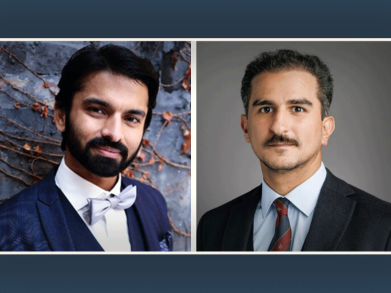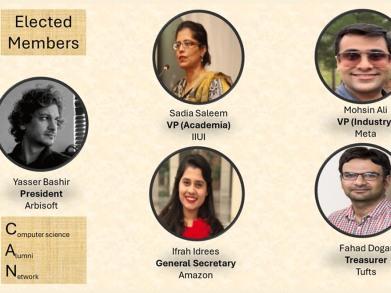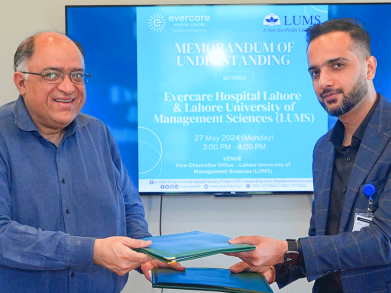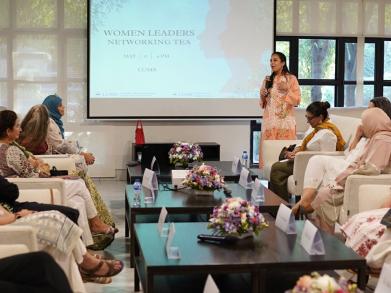Pakistan Can’t Afford ‘Business as Usual’: Why Climate Action is Key to Growth
"Pakistan is not the reason for the fires in Los Angeles or the drought and desertification spreading across the world. Yet, it is countries like Pakistan that are paying the price." These words from Valerie Hickey, Global Director for Climate Change at the World Bank, framed the conversations at a recent climate change conference, where national and global experts—including leadership and faculty from LUMS—underscored a stark reality: Pakistan cannot afford to treat climate action as a secondary concern. It is fundamental to the country’s growth and survival.
A resounding theme emerged: despite contributing less than 1% to global emissions, Pakistan faces some of the most devastating consequences to climate change. Mohamed Yahya, UN Resident and Humanitarian Coordinator, highlighted this inequity, "We hear a lot about climate injustice, but for communities in many parts of this country, it's a lived reality. Countries have been asked to borrow so that they can rebuild after disasters they did not cause."
Speaking at the conference, LUMS Vice Chancellor, Dr. Ali Cheema, challenged the prevailing narrative that limits climate action to a justice framework, "We're missing the bigger picture. Unless we confront problems of public health, loss of fertility and biodiversity, water, overgrazing, agriculture and other associated issues – combined with the global climate problems that Pakistan is confronting – we will not be able to grow. This is not business as usual.”
He emphasised that Pakistan must confront its own environmental crisis, beyond its minimal contribution to global emissions. "Pakistan is a major polluter in terms of air pollution, contaminated water, and inadequate sanitation among others. These are deeply localised problems, so we need to have a growth paradigm that amalgamates these and puts it in the centre in terms of our growth thinking. The climate question is inseparable from growth or human development."
In his video message, Syed Babar Ali, Founding Pro Chancellor, LUMS, stressed the importance of taking action. "The climate challenge is immense; but it can be solved. It requires determination, passion, and a commitment to making Pakistan prosperous and successful in the future."
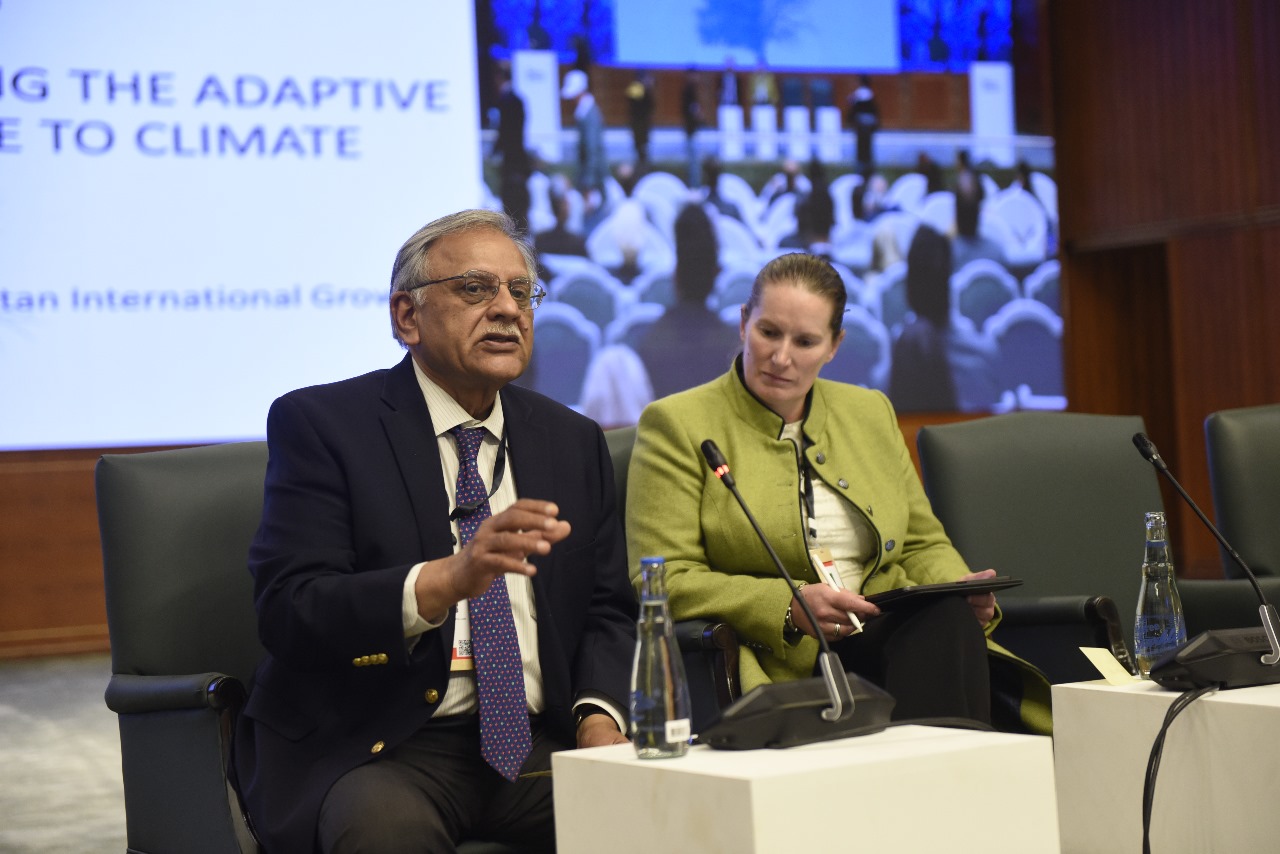
Dr. Ijaz Nabi, Professor of Economics at LUMS, led discussions on ‘Building Climate Resilience in Vulnerable Countries’ and reflected on the importance of Pakistan’s preparedness for climate disasters. “Pakistan’s geography puts us in a place where we are highly susceptible to catastrophic events, as we saw with the 2022 floods, and these events are only going to increase as temperatures begin to rise.”
The conference, and LUMS’ active engagement, highlight the critical need for collaborative action in tackling Pakistan’s climate challenges. Achieving a climate-resilient Pakistan by 2047 demands a unified effort – where researchers, policymakers, practitioners, and academics develop and drive actionable solutions to create impact and sustainable change.

